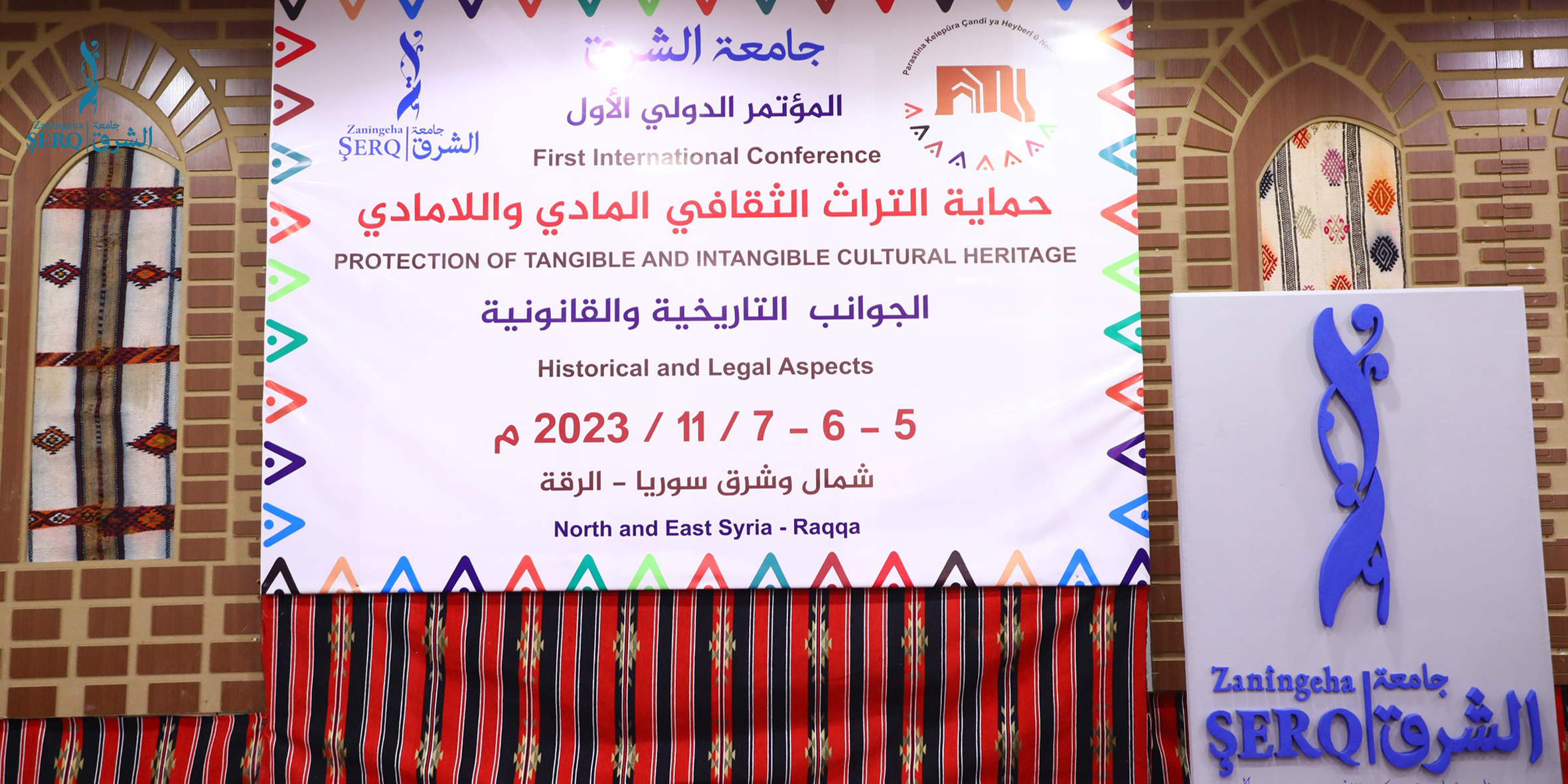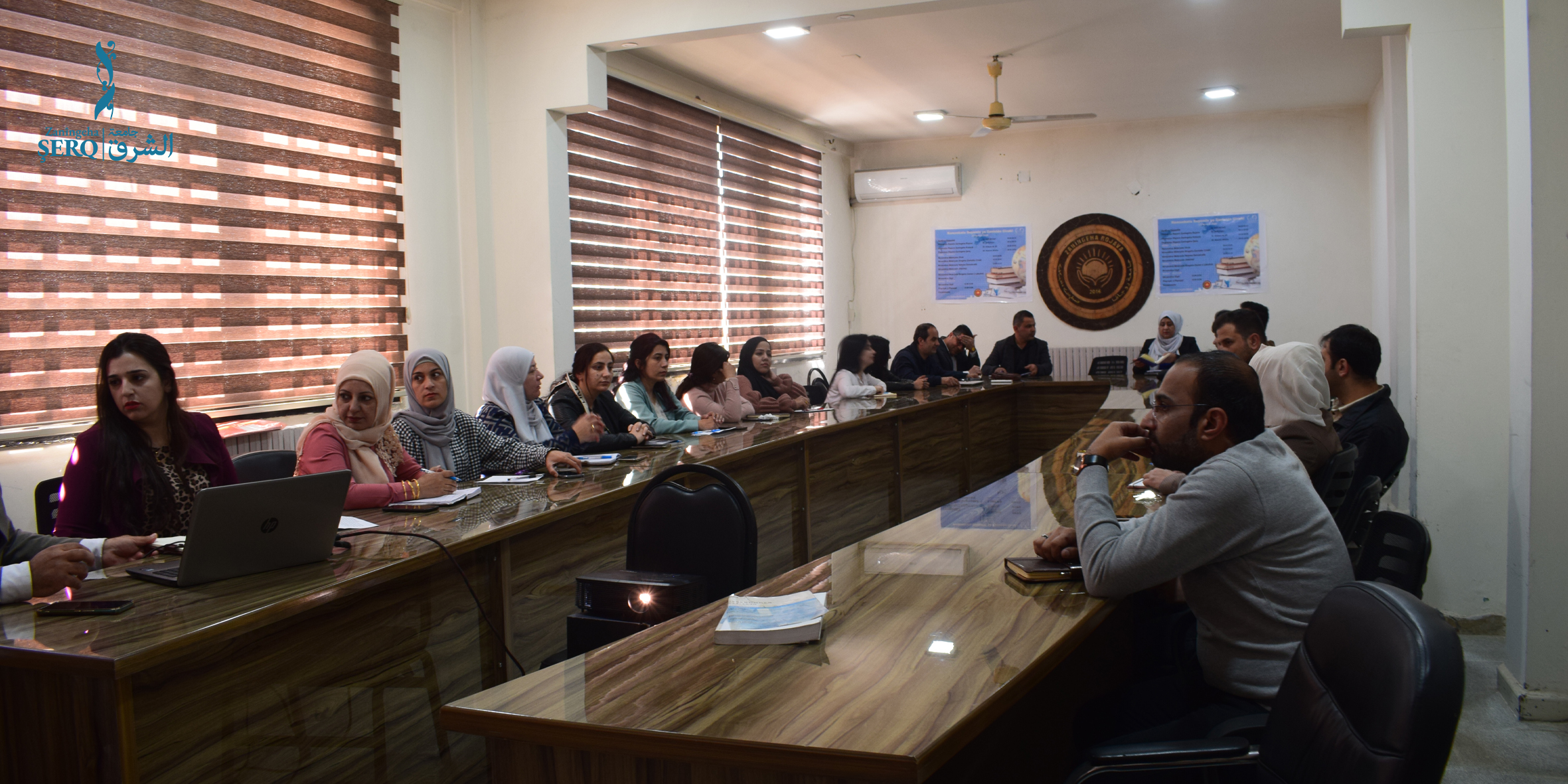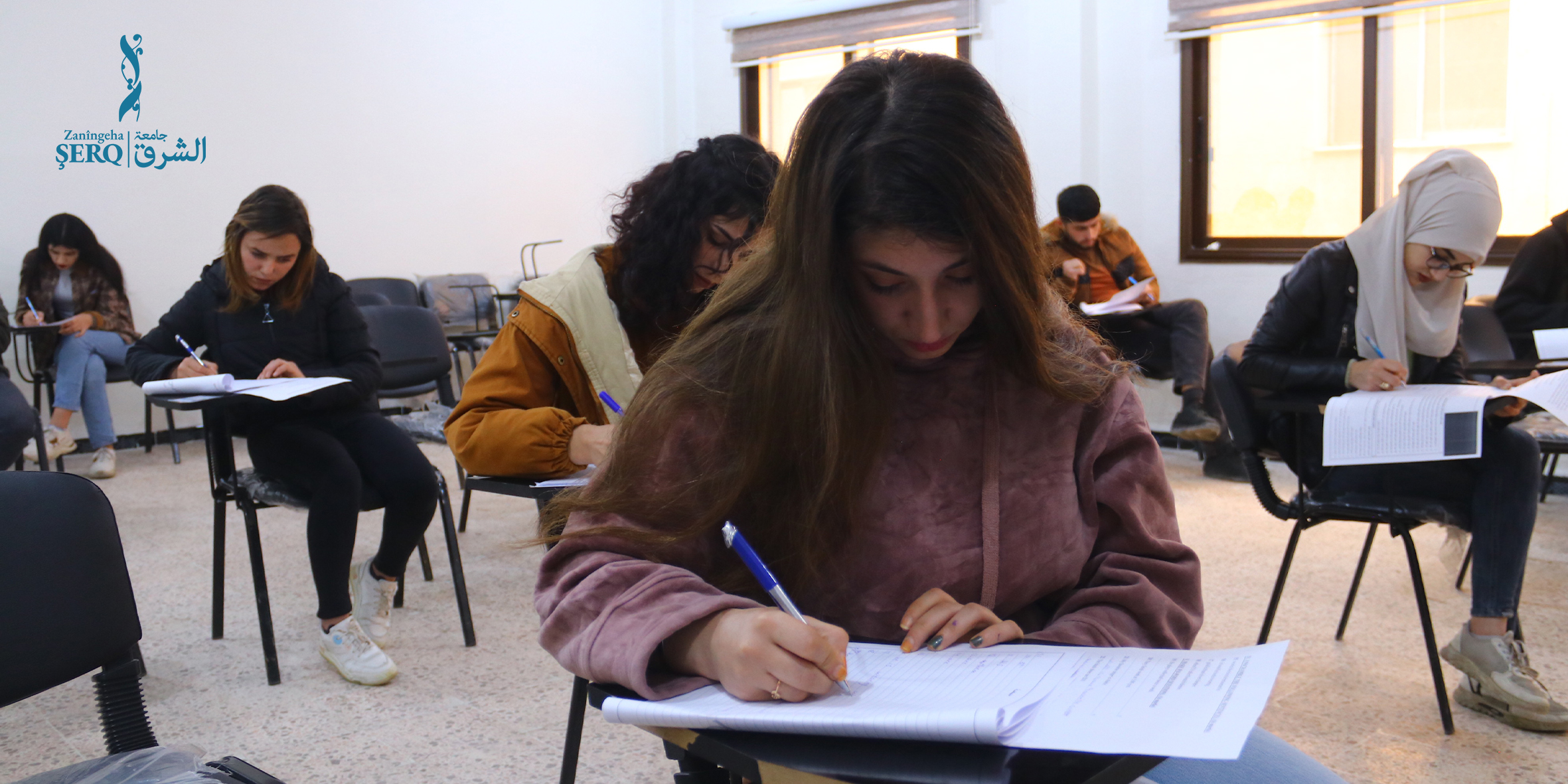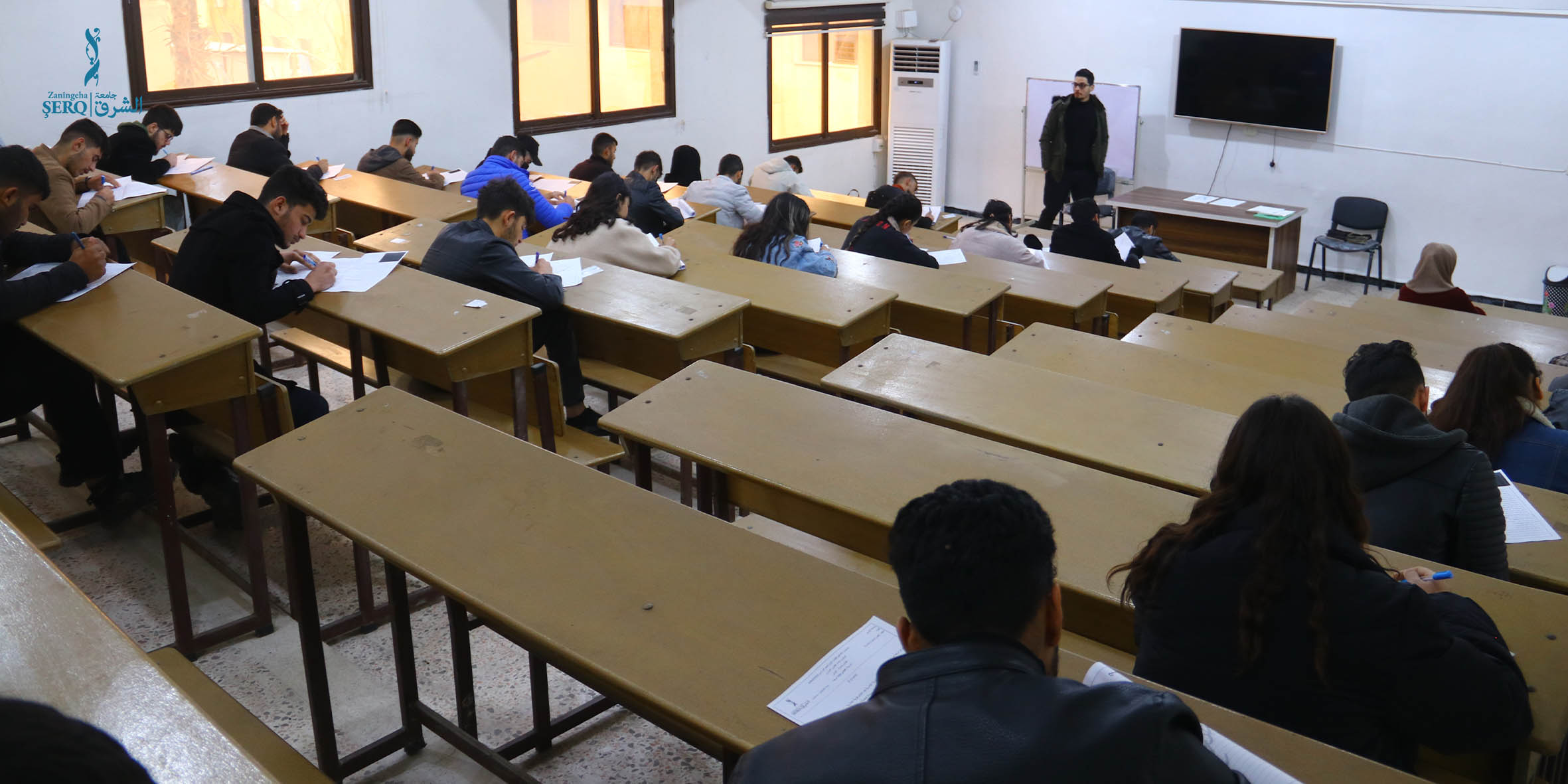Proposals and recommendations emerging from the First International Conference for the Protection of Cultural Heritage at Al-Sharq University
The First International Conference for the Protection of Tangible and Intangible Cultural Heritage concluded on its third day by reading proposals and recommendations on the historical and legal aspects to the audience on 11/7/2023, which are:
Historical aspect:
1- Conduct awareness campaigns to inform society and its members of the importance of heritage and the necessity of preserving it and archaeological sites; This is done through informational brochures, advertisements, exhibitions, television and radio programmes, and on the network.
2- Create a database of all archaeological sites and hills in the regions of northern and eastern Syria.
3- Activating legal, community, civil and administrative committees to protect the tangible heritage and neutralize it from conflicts in all their forms.
4- Sending memorandums to international and regional parties involved in the Syrian crisis, with the aim of stopping attacks on human cultural heritage in areas under their control.
5- Cooperating with the competent authorities to register newly discovered archaeological sites on the local heritage list to protect and preserve them, and to highlight their importance.
6- Establishing a special department for archaeological information security in electronic control and organized crime centers in northern and eastern Syria, following up on the buying and selling movement and revealing the sources of looting by accessing thieves’ data and determining their locations through modern technical programs.
7- Communicating with local and international figures to prepare memorandums aimed at recovering stolen artifacts, and linking the archaeological and museum archives with the international organization Interpol.
8- Encouraging individual, community and governmental efforts, and studying the possibility of paying financial compensation to the owners of original non-archaeological pieces (antiques).
9- Allocating special areas for cemeteries, industrial areas, and agricultural projects, and removing archaeological sites from the organizational plan.
10- Working to collect oral and collective memory from individuals through projects to document intangible heritage in order to preserve it from loss and extinction.
11- Protecting and promoting the arts in general (drawing - music - writing - local research....).
12- Working to preserve the cultural and linguistic heritage of immigrants; Because it represents identity.
13- Protecting cultural identity during this crisis, and during the wave of migrations that took place and are taking place in our region through heritage empowerment programs.
14- Including classes for first and second year students, especially to create a generation that believes in the issue of heritage, respecting it and preserving it.
15- Linking the university and local and international organizations with cultural activities that work to document tangible and intangible heritage.
16- Forming a committee/committees to develop antiquities preservation programs, to meet periodically.
17- Working to create a heritage thesaurus that collects the intangible heritage of the components of society in northern and eastern Syria.
Legal aspect:
1- Work to re-examine the Antiquities Law, develop the necessary explanations for it, and educate the local community about the articles of this law.
2- Directing antiquities directorates and committees to work in the spirit of preventive archeology and emergency restoration in light of the continuing crisis.
3- The need to emphasize bodies to implement laws and agreements for the protection of cultural heritage.
4- Empowering the local community and sharing the individual and legal responsibility for preserving the tangible and intangible heritage.
5- Working to implement the Hague Convention, which stipulates the establishment of preservation repositories for antiquities, and the isolation of archaeological sites from conflict areas.
6- The need to establish a local observatory for heritage protection, and an international fund for support.
7- The legal rule must be characterized by clarity, predictability, be available, simple, inevitable, implementable, and have an easy language to reach the public.
8- The law must specify the responsible authorities, provided that the articles of this law are mandatory.
9- Creating a legal and administrative association to protect local heritage.
10- Coordination between executive and legislative institutions.
11- Documenting the violations that occur on antiquities, provided that this work is carried out by specialized researchers.
12- Introducing society to the most important agreements related to punishing and holding antiquities thieves, smugglers, and promoters accountable.




